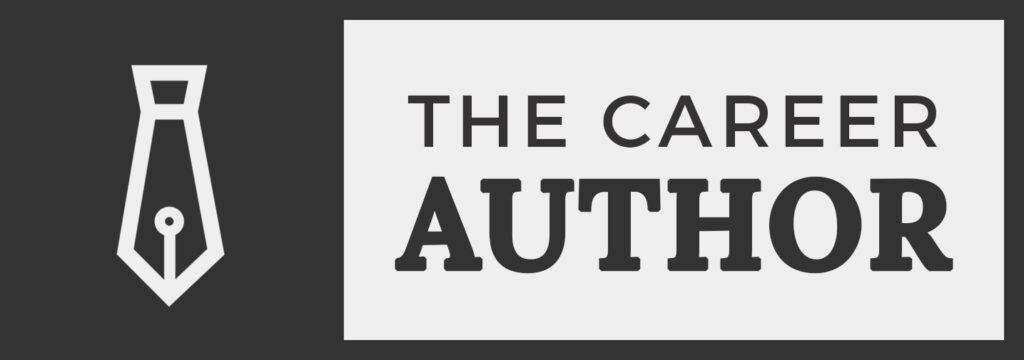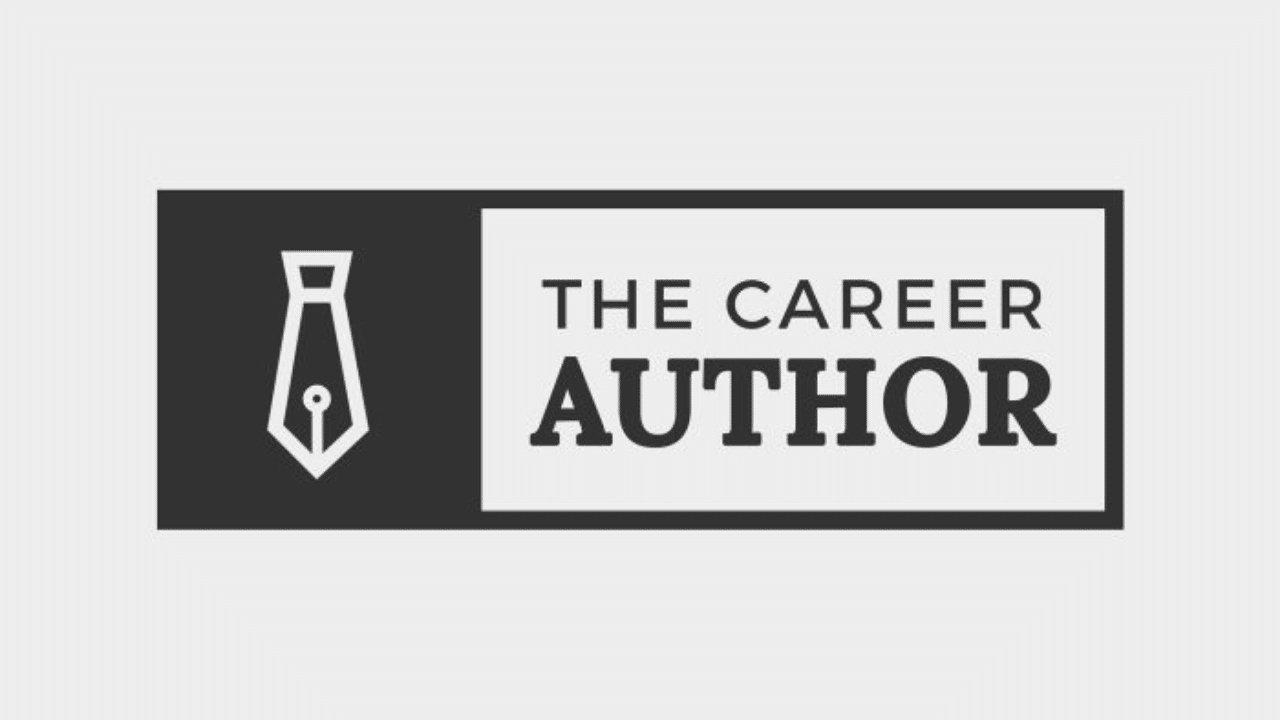Time management for authors can be a tricky business. Prioritizing what you should be doing when you’re not writing is important. Zach and J. make some suggestions on where you should focus. You will discover:
- Some interesting changes in the video game industry + how they relate to what’s happening in the publishing industry right now
- A great app to help you manage your grocery lists and other checklists you use on a regular basis
- The many different facets of a successful author career
- How the guys’ priorities have changed as their careers have grown
- Why building an audience, and in particular growing your email newsletter, is essential to success
- Marketing tools that still work in today’s publishing landscape + the guys’ thoughts on newsletter swaps
- The importance of networking with other authors – yes, even if you’re an introvert – and some advice on how to build these relationships
- Why you should always be reading and learning, both about writing craft and about the world around you
- The importance of being selective about the resources you learn from + what novelists can learn from other storytelling mediums
- How to build a great publishing team to help you produce great books
- Why advertising might not be a great way to spend your non-writing time
- Some of the factors you need to consider when deciding what business and marketing tasks you want to focus on in your own author career (hint: focus on what you enjoy)
Plus, submit your own ways and hacks to The Career Author Podcast in the comments section!
The Career Author Podcast is a podcast where co-authors J. Thorn and Zach Bohannon share their struggles and successes as full-time authors, advice for improving your writing craft, and honest discussions of what it takes to build a successful career as an author.
Thanks to all of our Patrons.
Podcast sponsored by Kobo Writing Life – https://writinglife.kobobooks.com
Get exclusive bonus content by supporting The Career Author Podcast on Patreon at www.patreon.com/thecareerauthor
Want to work with us? Get the details at https://thecareerauthor.com/services/
Links:
BookFunnel Group Promos – https://bookfunnel.com/features/#group-promos
Reedsy Discovery – https://reedsy.com/discovery/submit
2020 Events – https://thecareerauthor.com/events/
The June Giveaway is up now! – http://www.thecareerauthor.com
The Career Author – http://www.thecareerauthor.com
The Career Author YouTube Channel – https://www.youtube.com/channel/UCmIYVcr1UdWgSvYpb3Ol3xg
Story Levels – http://www.storylevels.com
Molten Universe Media – http://www.moltenuniversemedia.com
Events – https://thecareerauthor.com/events/


Comments
17 responses to “The Career Author Podcast: Episode 76 – What to Focus on When Not Writing”
Morning guys. Interesting way today J. I’ll have to check it out. Love today’s topic.
Social Media – a necessary evil. I’m in 20books50K FB group which is good as there is lots of really useful free info on it but you need to learn to search. If FB had a good indexing system it would be a massive resource albeit like Wikipedia in the early days before they clamped down on rubbish.
Totally agree with networking with other authors. Another valuable source of info and support. Try and include some F2F time (did I just invent that? 🙂). And I love attending events. I used to go to trad writing events in the UK but since becoming an Indie they have lost their shine for me although I did go to the London Book Fair this year which was good as there was Indie presence – I said hello to Mark Dawson and Michael Anderle and I had conversations with Alli, KDP and Ingram Spark people who all had stands, so it was useful.
Interested in your point that story is everywhere now. Before I retired I saw that story was becoming big in industry for speech-making. E.g. a CEO introducing themselves to their new company would use storytelling techniques and story structure. Storytelling in business is becoming big business at the moment
Totally agree that everyone should get an editor. Who wouldn’t do that? 🙂
I’ll try and think of some Hack/Way related stuff or questions to send it to you but I just thought of one you might like to consider or develop.
Have you guys ever thought of creating and filling in a writers’ time-sheet? It could provide useful data for you to analyse. If you’ve ever had to fill in a time-sheet at work you’ll know that it’s too late on Friday because you can never properly remember what you did on Tuesday afternoon. The important point is that thinking you know what you spent your time on last week is not the same as knowing what you spent your time on last week because you counted it. It’s like guessing how much time you spent on FB or gaming then finding out for real using one of those time counter apps. Shocks are there to be had.
Great show as usual guys.
Codicil comment – reference Lie Sheets. Suggest doing them for yourself only. You don’t want discussions about why the other only spent 100 hours last week on company business when you spent 120 hours. 🙂 Am I the first to comment on my own comment?
“Totally agree that everyone should get an editor. Who wouldn’t do that?”
Ha!
Hey guys, two minutes episodes and it will have been 1 and a half years worth! Time is going very well!
🙂
Two MORE episodes, actually!I
1) I’ve used Keep for about six months. The number of Keep notes I have continues to increase. I didn’t know you can uncheck the box to bring an item to the top. Thanks for the tip. I’ll start using that today.
2) You asked for suggestions for Ways and Hacks. Here’s one. For my last several passes of self-editing I listen to my manuscript as read by a Text to Speech program. I use the NCH Verbose Text to Speech software. It’s not free, but it’s not expensive – about $40 I think. Anyway, I load the manuscript into Verbose. Then I play the audio and follow along in the text. When I hear something not right or that I want to improve, I stop and edit the text. Then, I continue listening. Of course, I do this iteratively.
Thanks, Mel!
Cool take as normal. Question–not suggesting ads as much in this episode unless you have seven books–is that for fiction only or nonfiction too? Thanks!
We were talking mostly fiction. Neither of us have much experience with non-fiction.
I do AMS for a lot of non-fiction titles and you can make money on one book, especially if the nonfiction is niche and has good comp books to target.
So I nodded my head when J was talking about how he didn’t want to craft ads on Facebook because he would just be providing more of a hit to those people with an addiction, but then I thought about what we do. (We is a royal we at this point.) We provide escapism and a hit of emotion to people and they provide us money. So we kind of are already doing that if you look at it from that perspective.
Zach: re: e3 tell me you weren’t excited about the cyberpunk 2077. It has me thinking I should start writing cyberpunk. I would need to pull my writing back a 1000 years.
When reading other books to learn the authors craft, what type of notes do you take? is it all mental or do you keep a notepad with notes on what they did or didn’t do? I am sure J has editing baked into his subconscious at this point, but can he read for fun because of that? What does Zach do when reading or watching to learn craft?
Finally: editor(s) I am waiting on my first interaction with my editor. I was thinking about J’s comment on how it is one of the best ways to improve your craft. How many editors should I work with? Should I work with them like Pokemon Trainers? I mean I am not going to defeat them but they each bring something to the table for me to learn? Should I seek out trainers err editors that are editing the books of the genre I am in? Granted I am starting out so at this point money is an object so maybe ease into multiple passes?
Hey Chad! Great post. A few thoughts…
-Paid advertising manipulates a purchase behavior which is not the same as someone who has already decided they want to buy a book. I feel like online ads take advantage of our built-in weaknesses in a way that offline ads can’t.
-Yes, I do read for fun although I have to “ignore” certain things until I can’t and that’s when I bail on a book.
-Start with one editor who is within your budget. You’ll know when you’ve outgrown that editor. But just start with one.
I want to underline Mel Clark’s Ways and Hacks. I use NaturalReader 14 and it is very useful in making my writing to be the best I can do. In rereading my chapters to myself, I miss mistakes and awkward phrasing. But listening to NaturalReader say my words exposes my mistakes. I get tired of rereading my scenes, but it never does and I can listen to my words read to me many times without becoming mentally exhausted.
When this novel is done I will have it edited. But an editor can and will only improve someone’s writing so much. If a book needs to be a 90 to succeed and my editor can only add another 20, then I better bring her at least a 70.
To do that, I have to edit it myself and I’ve found a text-to-speech programs is the best way to help me do that.
Reading it outloud is also valuable, but my wife is only willing to listen to a scene once or twice. She’s great but she has her limits.
I have a choice of many voices in NaturalReader. I use for example, Heather22k for my female protagonist and Ryan22k for my male protagonist.
It is my opinion, that if you don’t have your work read back to you, you are failing to produce the level of writing that you are capable of doing.
Natural Reader looks awesome. I’m going to check that out. Thanks for the tip.
Commenting late again as I catch up. 🙂 Thanks for the reminder that reading fiction is a part of our job as writers! I’ve finally gotten to the point where I don’t feel guilty when I sit and read when I’m not writing or at the day job.
One suggestion for what to do when not writing. Do something physical, like take a walk, play music, work out, paint, dance, do yoga, build something, or whatever. Sometimes getting out of our heads is the best thing we can do. It can replenish our energy for writing.
Totally agree. Movement helps!